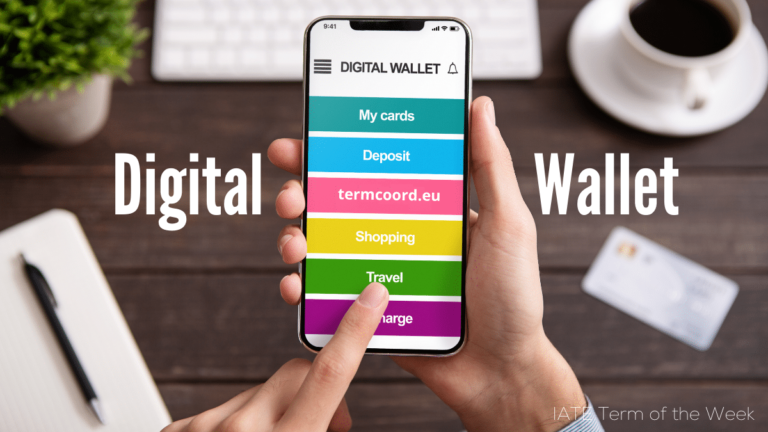The Sub-Saharan Africa (SSA) region now boasts 763 million registered accounts, nearly half of the 1.6 billion users globally with transaction values jumping 22% in the reported period to reach $832 billion
The recent GSMA 2023 State of the Industry Report on Mobile Money highlights how mobile money has become a mainstream financial tool in many African countries. Since 2022, more than 184 million people across the continent have embraced mobile money. The Sub-Saharan Africa (SSA) region now boasts 763 million registered accounts, nearly half of the 1.6 billion users globally with transaction values jumping 22% in the reported period to reach $832 billion.
Of course, SSA figures are significantly influenced by Kenya, Nigeria, and Ethiopia, which have dominated the mobile money and digital wallet landscape. Hyper-digital markets like Kenya, which has wholly embraced M-PESA, or Nigeria, with a staggering 120 million users do not necessarily reflect the reality in markets like South Africa, which has not yet seen mobile money and digital wallets grow at the same speed. While telecommunication companies ventured into digital wallets and mobile money in South Africa, they have generally been unsuccessful, or at least have not seen their expectations materialize in a market that many consider a sleeping giant. Instead, the country has focused on partnering with banks, driven by the inherent complexities of the regulatory environment.
Generally, SADC as a region, and specifically the Central Banks, have committed to supporting financial inclusion and developed Mobile Money Guidelines to support this endeavor. This is because Mobile Money has always been viewed as a product that supports financial inclusion. While countries such as Botswana, Zambia, or Malawi adopted the guidelines and were, therefore, more deliberate in drafting regulations to support Mobile Money, South Africa still has a bank-led model for Mobile Money. There are indications that the SARB NPS 2025 Vision will address this and potentially spur a new era for fintechs in South Africa.
Eliminating barriers
Beyond regulatory constraints limiting the adoption of mobile money and digital wallets, there is the issue of trust. Mobile money and digital wallets have always been considered enablers of financial inclusion because they are often the first financial products that many customers experience in our markets. From the customer perspective, however, moving from physical cash to digital requires a level of trust, which responsibility lies with the operator.
If we decorticate Financial Inclusion as a concept, the focus has historically been to provide financial products in the market that were perceived to fit the needs of the bottom of the pyramid. However, the critical aspect of Financial Inclusion lies first and foremost in the effort that the operators are making to include their potential customers in the financial system. The verb “including” implies that the person doing the including has a clear level of agency or control over the situation and is making a deliberate decision to involve the other person. At Mukuru, focusing on financial solutions that make it easier for people to do what they want and need to do, is at the core of why we exist.
Successful operators in this space understand the need to position mobile wallets as a store of value where people can receive and send money. Even more importantly, the ability to access the full value of transactions in real-time helps build the needed trust in digital stores of value as valid alternatives to physical cash. Investing in physical touchpoints and agent networks, much like Mukuru has been doing across Africa, is also critical. Physical networks give users not only the confidence of always being able to access their cash when needed but also the ability to talk to an agent when a question arises about their account.
Two-thirds of transactions across SSA revolve around cashing in or out. Without a tangible, trust-building network, realizing the dream of mobile wallets will remain a challenge. But once trust is created, the next phase is about introducing versatility to mobile money and digital wallets. This entails educating customers on how to transact from their wallets directly. For example, to pay for utilities, buy airtime or groceries, and pay for their children’s education.
Increasing the relevance and ubiquity of the merchants that users can pay to directly is a catalyst for growth as it introduces a third-party network that realises value from customers who pay using their wallet services. This creates a flywheel effect on wallet adoption. The more users, the more merchants are interested in accepting mobile money as a means of payment; and vice-versa.
Benefitting from Digital
Digital wallets are not only about ease; they’re a revolution for merchants and by extension, a country’s economy. Transactions in real time negate the need for conventional and expensive Point-of-Sale devices. With mobile money, merchants have instant access to the funds and can pay their suppliers without having to close their stores to replenish their inventory. And, of course, there is sidestepping the inherent risks and costs of handling physical cash. As the share of digital transactions increases for customers and merchants, so does transparency in financial transactions and the ability for fintechs, banks, and other financial service providers to enable credit and savings solutions to customers and merchants.
As noted by the World Bank, financial inclusion “has a multiplier effect, contributes to the economic development and stability of a country, and aids the achievement of the UN Sustainable Development Goals”. Wallets and mobile money are at the forefront of the financial solutions driving those effects, and fintechs like Mukuru have a big role to play in driving those solutions across the customer base. While regulations currently cast a long shadow, there is a shift in sentiment taking place by many of the regulators themselves. This will result in a more vibrant ecosystem, more relevant financial solutions appearing in the market, and onboarding an increasing and broader share of society into their financial journey.
Juan Seco, Chief Growth Officer and East Africa MD of Mukuru


